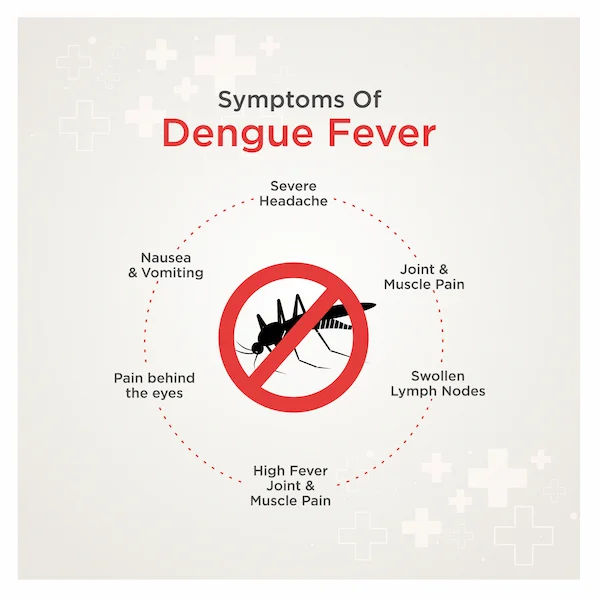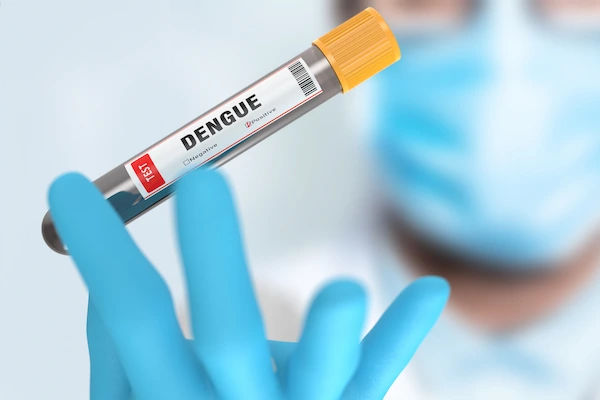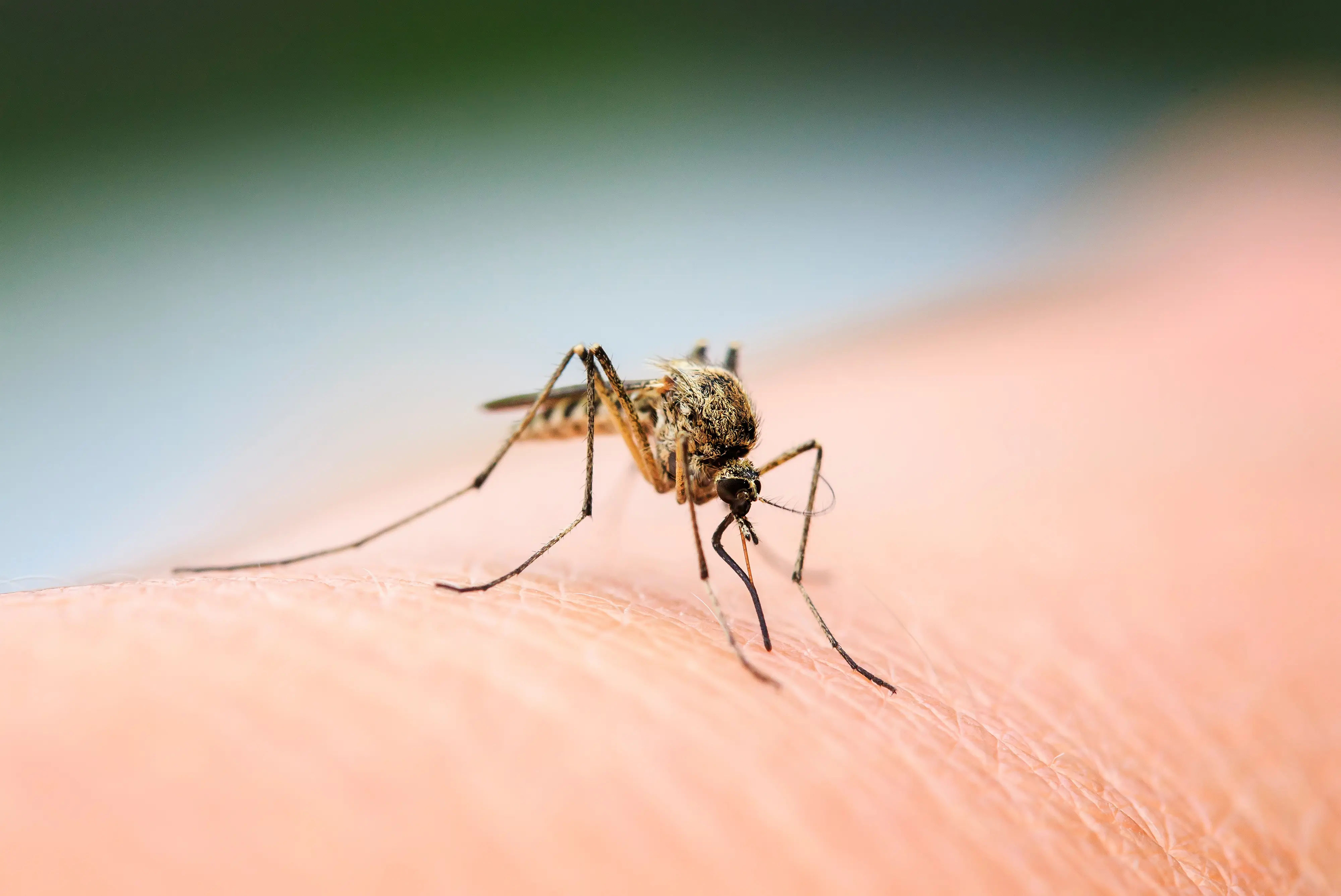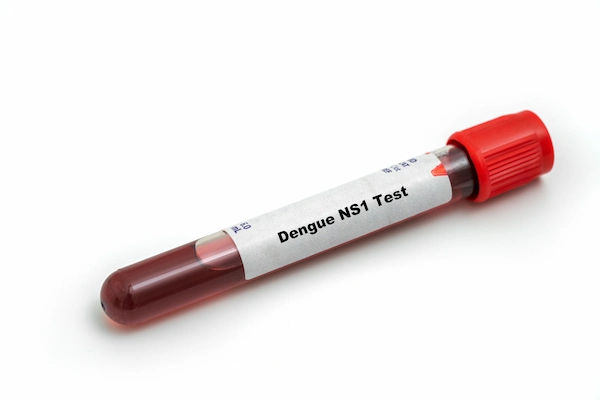Diet for Dengue Fever: A Complete Nutritional Guide
Discover the best diet for dengue fever recovery with foods that boost immunity, improve platelet count, and prevent dehydration. Learn what to eat, what to avoid, and sample meal ideas for faster healing.

Written by Dr. Siri Nallapu
Reviewed by Dr. Dhankecha Mayank Dineshbhai MBBS
Last updated on 13th Jan, 2026
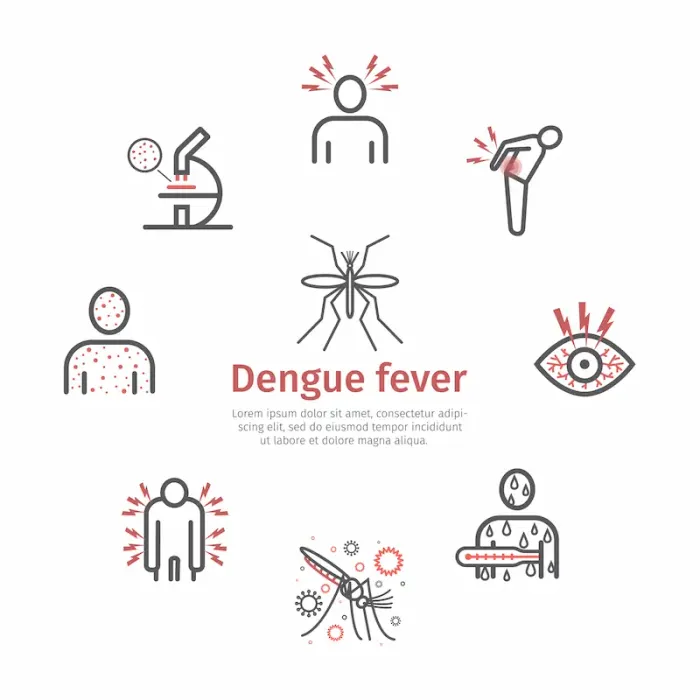
Introduction
Dengue fever is a debilitating mosquito-borne viral infection that affects millions worldwide each year. While there is no specific medication to cure it, management focuses on supportive care, and diet plays a pivotal role in recovery. Proper nutrition can help manage symptoms like high fever, severe body aches, and fatigue, while also preventing the dangerous complication of dengue hemorrhagic fever. This guide is designed to empower patients and caregivers with the knowledge to use food as medicine. We will explore the best foods to eat, the ones to avoid, practical meal ideas, and how strategic hydration and nutrition can significantly speed up your recovery from dengue.
Understanding Dengue Fever and Its Impact on the Body
Dengue virus causes a rapid onset of high fever, often accompanied by severe headache, pain behind the eyes, muscle and joint pain, nausea, vomiting, and rash. The illness can lead to a critical phase where plasma leakage, fluid accumulation, and a drastic drop in platelet count occur.
The Role of Nutrition in Recovery
The body's immune system requires immense energy and specific nutrients to fight the virus. Furthermore, symptoms like nausea and mouth sores can make eating difficult, leading to malnutrition and dehydration, which can worsen the prognosis. A targeted diet helps by:
• Boosting the immune system with vitamins and minerals.
• Replenish lost fluids to prevent dehydration and shock.
• Providing energy to combat weakness and fatigue.
• Supporting platelet production through specific nutrients.
The Dengue Diet: Key Nutritional Principles
Adhering to a few core principles can make a significant difference in the recovery trajectory. Think of your diet during this time as fuel for your body's internal army.
1. Hydration is Paramount
The high fever and sweating cause significant fluid loss. Dehydration is the primary driver of complications.
• Water: Sip small amounts of water consistently throughout the day.
• Oral Rehydration Solution (ORS): This is crucial. ORS packets are available at pharmacies and help replenish electrolytes lost through sweating and vomiting.
• Coconut Water: A natural source of electrolytes, minerals, and sugars, making it an excellent hydrating drink.
• Herbal Teas: Ginger or peppermint tea can soothe nausea.
• Fresh Fruit Juices: Opt for homemade juices without added sugar.
Consult a Specialist for Personalised Advice
2. Prioritise Easily Digestible Foods
The body is under stress, and the digestive system is often weakened. Heavy, greasy, or complex foods can cause additional strain.
• Focus on: Soups, broths, khichdi (a lentil and rice porridge), boiled vegetables, and steamed fruits.
• Avoid: Fried foods, heavy meats, and overly spicy dishes.
3. Incorporate Platelet-Boosting Nutrients
While no single food can magically skyrocket platelet counts, certain nutrients are vital for their production.
• Vitamin C: A powerful antioxidant that supports immune function and helps in platelet production. Found in citrus fruits, kiwi, bell peppers, and broccoli.
• Vitamin K: Essential for blood clotting. Found in leafy green vegetables like spinach, kale, and broccoli.
• Folate (Folic Acid): Critical for healthy cell division, including blood cells. Found in lentils, beans, asparagus, and avocados.
• Iron: Necessary for healthy red blood cells, which can also be affected. Found in well-cooked leafy greens, lentils, and pumpkin seeds (in paste form for easy digestion).
Best Foods to Eat During Dengue Fever
Building on the principles above, here is a definitive list of powerhouse foods to include in a dengue patient's diet.
1. Papaya Leaf Extract
Perhaps the most famous natural remedy for dengue. Several studies, including one published in the Journal of Ayurveda and Integrative Medicine, have indicated that papaya leaf juice can significantly increase platelet count. It is believed to work by increasing the production of platelets and stabilising the cell wall.
How to use: Fresh leaves are pounded and the bitter juice is extracted. A tablespoon 2-3 times a day is a common recommendation. It can also be found in capsule form.
2. Citrus Fruits and Vitamin C-Rich Foods
Oranges, lemons, kiwi, and amla (Indian gooseberry) are excellent sources of Vitamin C. They help in the production of antibodies and fighting the virus, and also aid in the absorption of iron.
3. Herbal Teas and Infusions
Ginger tea helps combat nausea and has anti-inflammatory properties. Tulsi (Holy Basil) tea is known in Ayurveda for its immune-boosting and antiviral properties.
4. Soups and Bone Broth
Chicken soup or vegetable broth is hydrating, easy to digest, provides essential minerals and electrolytes, and the warmth can be soothing.
5. Porridge and Khichdi
A simple moong dal khichdi is a complete, light, and nutritious meal for an Indian dengue diet. It provides protein and carbohydrates and is gentle on the stomach.
6. Coconut Water
As a natural isotonic beverage, it hydrates better than plain water by replenishing essential salts without any artificial additives.
Foods to Avoid During Dengue
Just as important as knowing what to eat is knowing what to avoid. Certain foods can exacerbate symptoms or hinder recovery.
• Fried and Oily Foods: Hard to digest and can cause liver overload.
• Spicy Food: Can irritate the stomach lining, which is already sensitive.
• Caffeinated Beverages: Coffee and energy drinks are diuretics, promoting fluid loss and worsening dehydration.
• Carbonated Drinks: Can cause bloating and provide empty calories with no nutritional benefit.
• Processed and Packaged Foods: High in salt and preservatives, they offer little nutritional value and can increase inflammation.
Sample Meal Plan for a Dengue Patient
A practical day-long plan can help caregivers provide structured nutrition.
• Upon waking: A glass of warm water with lemon.
• Breakfast: A bowl of plain oatmeal or porridge with steamed apples.
• Mid-Morning: A glass of fresh orange juice or coconut water.
• Lunch: A bowl of vegetable khichdi or lentil soup with a side of plain yoghurt.
• Evening: Herbal ginger tea and a few dates.
• Dinner: Steamed vegetables and a soft chapati or a clear vegetable broth.
• Before Bed: A glass of warm milk with a pinch of turmeric.
Note: Portions should be small. The focus is on frequent, light meals.
Recovery Phase: Regaining Your Strength
• Once the fever subsides and appetite returns, the focus should shift to rebuilding strength and stamina.
• Gradually increase protein intake with eggs, poultry, fish, and lentils.
• Continue hydrating well.
• Incorporate mild physical activity as tolerated, but ensure plenty of rest.
Conclusion
Navigating dengue fever is challenging, but a strategic and thoughtful approach to diet can be your greatest ally. By focusing on hydration, easy-to-digest foods, and key nutrients that support immunity and platelet production, you can provide your body with the tools it needs to fight the virus effectively. Remember, this nutritional guide is a supportive therapy and should always be followed under the supervision of a healthcare professional who can monitor platelet counts and overall health. Be patient with your body, prioritise rest, and fuel your recovery with intention.
Consult a Specialist for Personalised Advice
Consult a Specialist for Personalised Advice

Dr. Aakash Garg
Gastroenterology/gi Medicine Specialist
12 Years • MBBS, DNB (Medicine), DrNB (Gastroentrology).
Bilaspur
Apollo Hospitals Seepat Road, Bilaspur
(150+ Patients)

Dr. R Gopakumar
Internal Medicine/ Covid Consultation Specialist
31 Years • MBBS, MD(general medicine
Angamaly
Apollo Hospitals Karukutty, Angamaly
(25+ Patients)
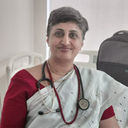
Dr. Ashmitha Padma
General Physician/ Internal Medicine Specialist
5 Years • MBBS, MD Internal Medicine
Bengaluru
Apollo Hospitals Jayanagar, Bengaluru
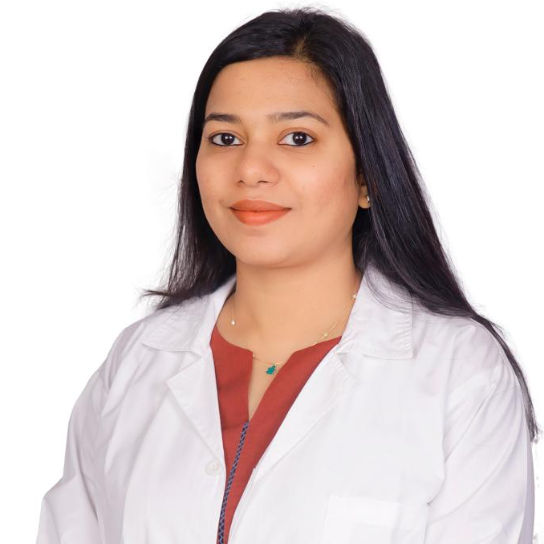
Dr. Pallavi Patekar
General Physician/ Internal Medicine Specialist
11 Years • MBBS, DNB ( Gnternal Medicine), FCCCM Critical Care
Mumbai
Apollo Hospitals CBD Belapur, Mumbai
(25+ Patients)
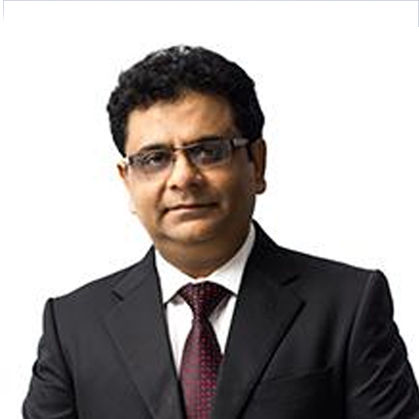
Dr. Anand Misra
General Physician/ Internal Medicine Specialist
17 Years • MBBS, DNB (Internal Medicine)
Mumbai
Apollo Hospitals CBD Belapur, Mumbai
(250+ Patients)
Consult a Specialist for Personalised Advice

Dr. Aakash Garg
Gastroenterology/gi Medicine Specialist
12 Years • MBBS, DNB (Medicine), DrNB (Gastroentrology).
Bilaspur
Apollo Hospitals Seepat Road, Bilaspur
(150+ Patients)

Dr. R Gopakumar
Internal Medicine/ Covid Consultation Specialist
31 Years • MBBS, MD(general medicine
Angamaly
Apollo Hospitals Karukutty, Angamaly
(25+ Patients)

Dr. Ashmitha Padma
General Physician/ Internal Medicine Specialist
5 Years • MBBS, MD Internal Medicine
Bengaluru
Apollo Hospitals Jayanagar, Bengaluru

Dr. Pallavi Patekar
General Physician/ Internal Medicine Specialist
11 Years • MBBS, DNB ( Gnternal Medicine), FCCCM Critical Care
Mumbai
Apollo Hospitals CBD Belapur, Mumbai
(25+ Patients)

Dr. Anand Misra
General Physician/ Internal Medicine Specialist
17 Years • MBBS, DNB (Internal Medicine)
Mumbai
Apollo Hospitals CBD Belapur, Mumbai
(250+ Patients)
